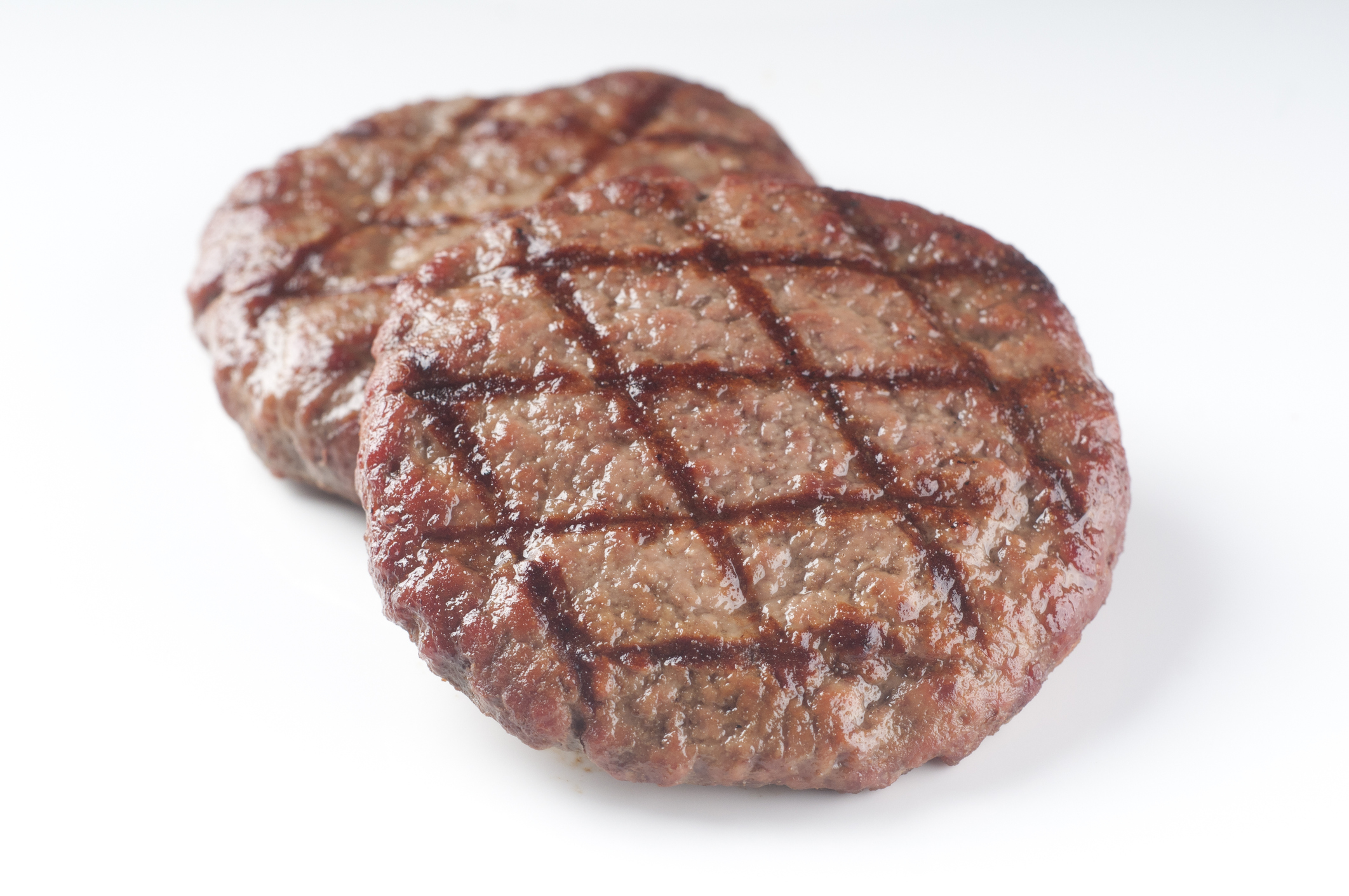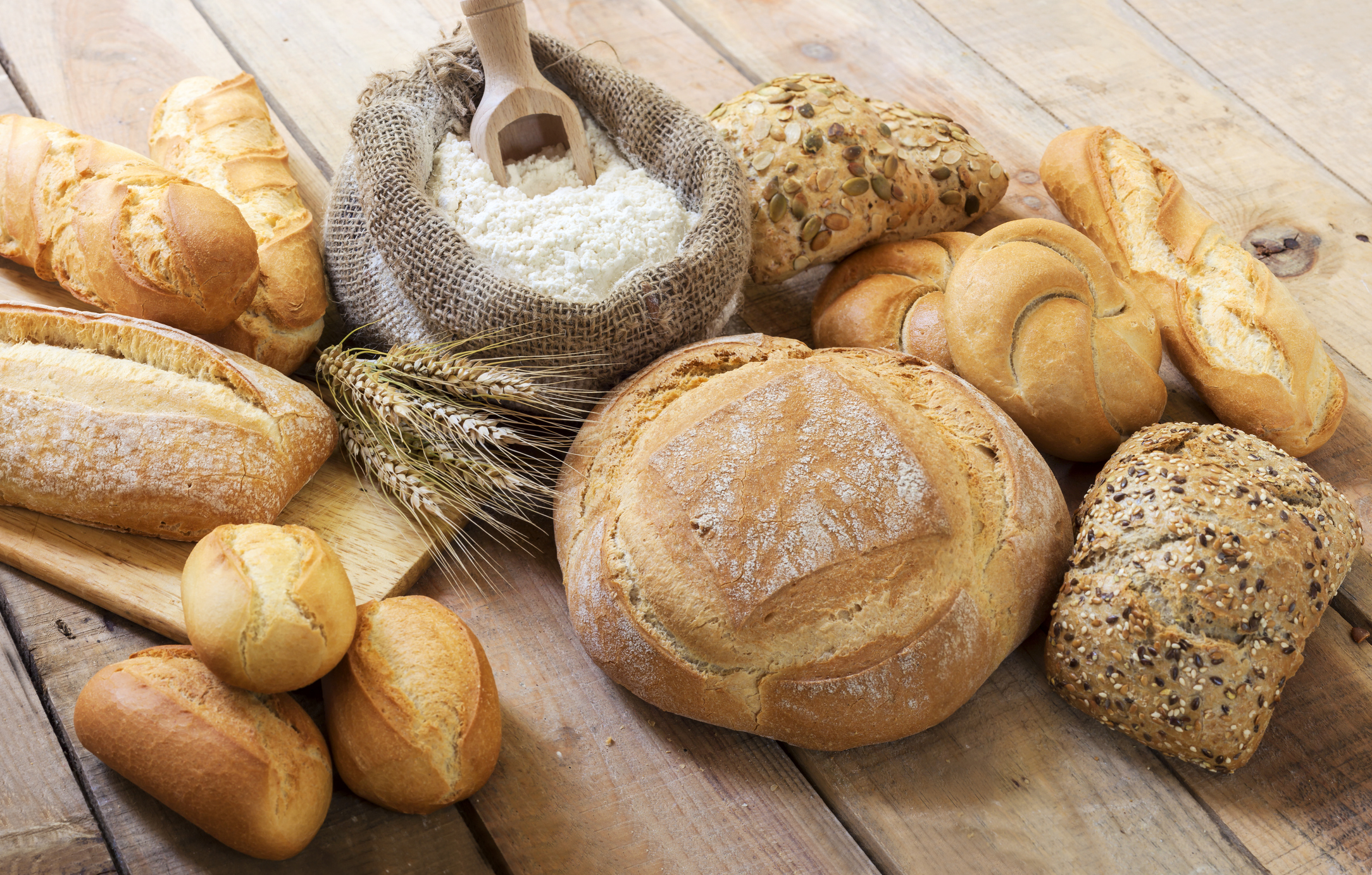What are the five most fattening foods that you should avoid?

While the World Health Organization (WHO) warns that 39% of adults worldwide are overweight, a study conducted by Dr. Leigh A. Frame, a researcher at George Washington University (USA), reveals that excessive consumption of ultra-processed foods is one of the main causes of the obesity epidemic affecting industrialized societies.
This phenomenon not only leads to weight gain, but also to an increase in diseases such as type 2 diabetes and cardiovascular problems.
The research warns of the worrying relationship between high consumption of these products and a lack of legumes, vegetables, and fresh fruits in the daily diet. These deficiencies result in a low intake of dietary fiber, essential for healthy digestion, and an increase in the use of additives with obesogenic effects, such as emulsifiers and gelatins.
According to Frame, emulsifiers can disrupt the gut microbiome, leading to elevated fasting blood glucose, hyperphagia (uncontrolled appetite), and consequently, increased body weight, accumulated fat, and fatty liver disease.
Below are the 5 most harmful foods according to the study:

French fries. Photo: Istock
French fries, a staple of fast food, have been labeled by Harvard University's Department of Nutrition as a "500-plus-calorie starch bomb." Although potatoes as a food provide healthy carbohydrates, their fried form contains up to 30% fat.
The average American consumes about 52 kilos of French fries a year, a figure that should be drastically reduced. Experts recommend eating no more than six French fries per meal, a difficult goal given the typical consumption.

Sugary drinks Photo: Istock
Soft drinks and sugar-sweetened beverages are one of the leading causes of obesity and metabolic diseases. In countries like France, fatty liver disease is known as "soda disease" due to the direct relationship between consumption of these beverages and fatty liver disease. But the damage doesn't end there: hyperactivity, increased risk of heart attack, diabetes, hypertension, bone fragility, pancreatic and prostate cancer, muscle weakness, and neurological problems are all part of the picture. A harmful cocktail that is consumed, on average, in excess.

Red and processed meats Photo: Istock
Since the World Health Organization classified them as "probably carcinogenic" in 2015, red and processed meats have been at the center of controversy. They also play a key role in the obesity epidemic. For example, salami contains 454 calories per 100 grams, along with saturated fats that should be consumed in moderation. While red meat provides minerals such as iron, experts recommend moderating its intake and opting for white meats, which are healthier for frequent consumption.

Refined flours Photo: Istock
White bread and its derivatives (sliced bread, hamburger buns, etc.) are often perceived as traditional foods, but they are actually ultra-processed. Refined flour lacks the nutrients of whole grains, especially bran, which is rich in dietary fiber. This fiber helps maintain a low glycemic index and control weight gain and diabetes. Therefore, nutritionists insist on prioritizing whole-grain flours for a healthier diet.

Desserts and sweets Photo: Istock
Desserts and pastries are often made with refined flours and high amounts of added sugars, even when natural sweeteners like honey are used. According to the WHO, added sugar should not exceed 10% of daily calories, or less than 50 grams in a 2,000-calorie diet. Ideally, that figure should be reduced to 25 grams. A single sweetened yogurt can bring you close to that limit in a single serving, turning processed desserts into a silent health risk.
The convenience of opening a pack of snacks or grabbing a soda on the run comes at the price of extra pounds, inflammation, and health problems that affect your quality of life.
Experts insist on the importance of returning to a diet based on fresh foods, vegetables, fruits, legumes, and whole grains, with ultra-processed foods being the exception rather than the rule.
eltiempo



%3Aformat(jpg)%3Aquality(99)%3Awatermark(f.elconfidencial.com%2Ffile%2Fa73%2Ff85%2Fd17%2Fa73f85d17f0b2300eddff0d114d4ab10.png%2C0%2C275%2C1)%2Ff.elconfidencial.com%2Foriginal%2Fc53%2Fef8%2F756%2Fc53ef8756c40bc3e3317dcd55165026f.jpg&w=3840&q=100)

